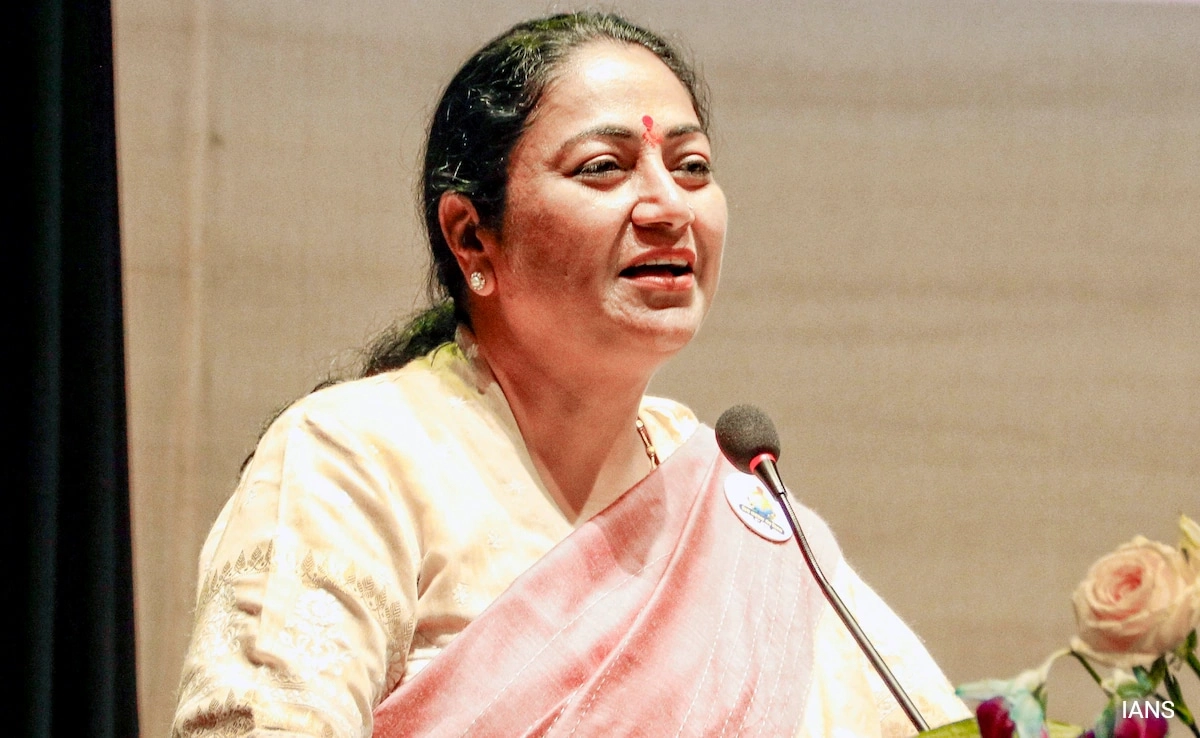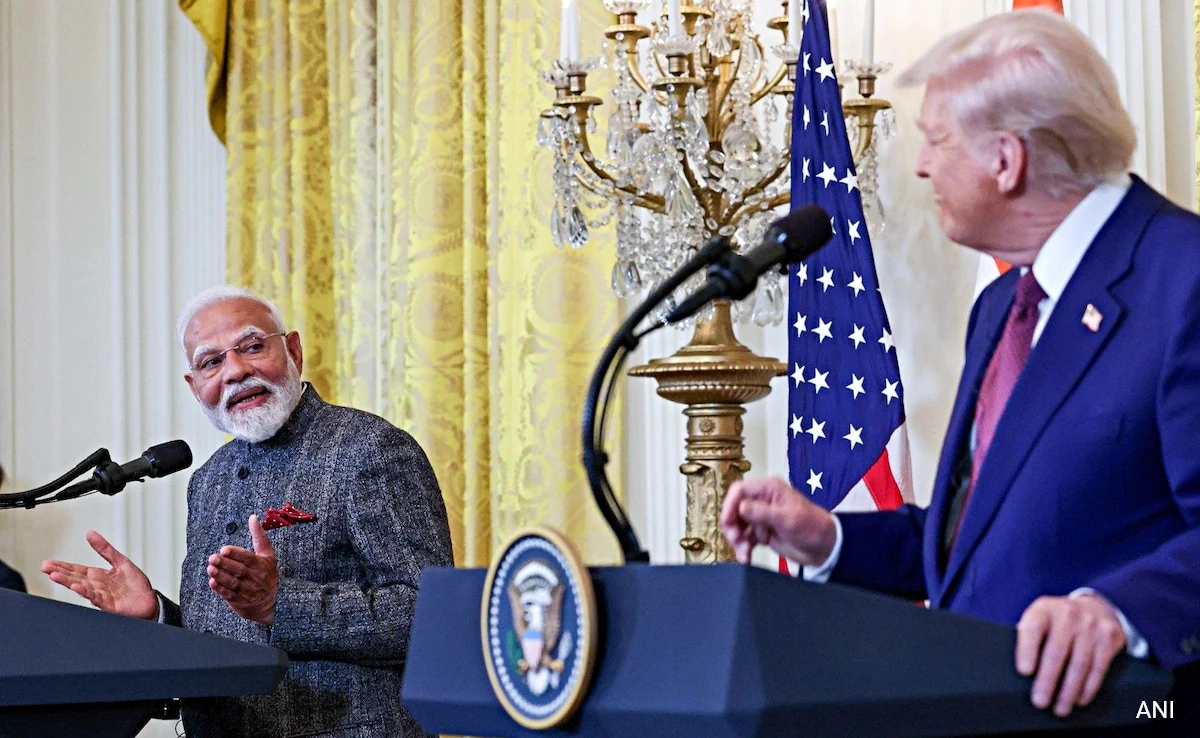The Delhi Cabinet has recently approved a proposal for conducting cloud-seeding trials as a novel approach to combat the pervasive issue of air pollution in the national capital. This initiative reflects the government’s commitment to exploring innovative solutions to improve the city’s air quality, which has long been a concern for residents, particularly during the winter months when pollution levels tend to spike. Cloud seeding, a weather modification technique that involves dispersing substances into the atmosphere to encourage precipitation, is being considered as a potential method to cleanse the air by increasing rainfall and thereby reducing particulate matter.
The proposal outlines a structured plan for the trials, which will be executed in collaboration with scientific experts and relevant agencies. The goal is to assess the effectiveness of cloud-seeding in mitigating air pollution, especially during periods known for high smog levels. By generating additional rainfall, the government hopes to wash away airborne pollutants, providing immediate relief to the populace. This strategy not only aims to address the symptoms of air pollution but also demonstrates a proactive approach to environmental management in urban settings.
Moreover, the Delhi government has emphasized the importance of using scientific research and data-driven methodologies to tackle environmental challenges. The cloud-seeding trials will include rigorous monitoring and evaluation phases to determine their impact on air quality. This initiative is part of a broader set of measures that the Delhi government is implementing to improve environmental conditions, such as stricter vehicular emissions norms and the promotion of cleaner energy sources. By integrating technological advancements with policy measures, the government seeks to forge a sustainable path toward a healthier urban environment.
As the trials move forward, it will be crucial to engage with the public and stakeholders to ensure transparency and gather feedback. The success of such initiatives will depend not only on scientific outcomes but also on public acceptance and understanding of the methods employed. The cloud-seeding proposal, if successful, could serve as a model for other cities facing similar air quality challenges, paving the way for a collaborative effort to tackle pollution on a larger scale. Ultimately, the Delhi government’s initiative to explore cloud seeding underscores the urgent need for innovative solutions in the fight against air pollution, reflecting a growing recognition of the importance of environmental health for urban populations.




